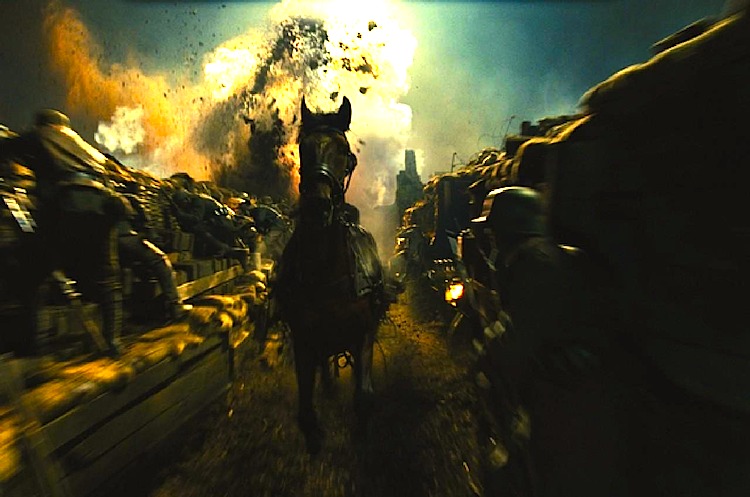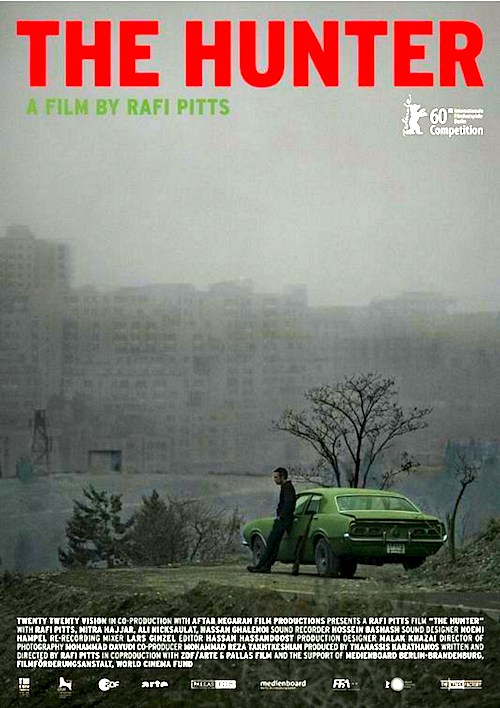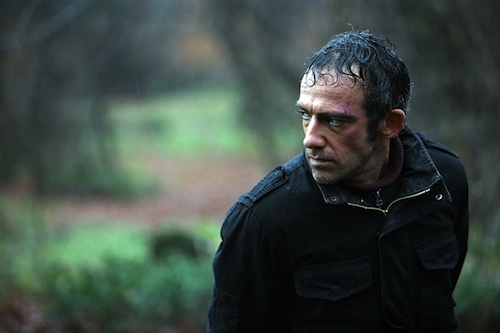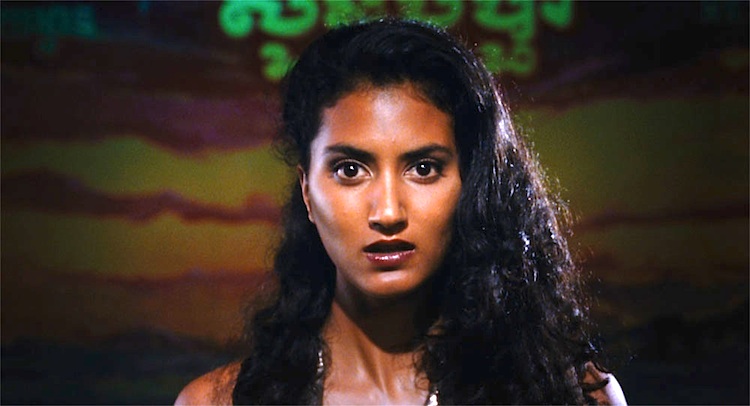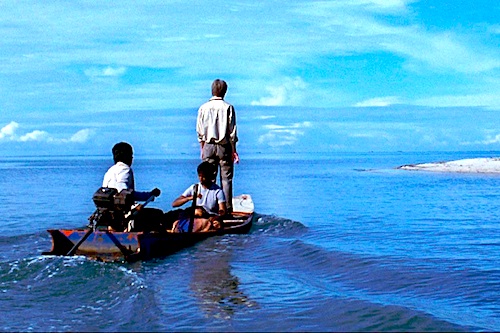By Patricia Ducey. War Horse opens with a rapturous aerial shot of the rolling Devon hills, dotted with neat farms and hedgerows and so achingly verdant that it takes one’s breath away. Soon that transcendent vision of the land as another Eden or demi-paradise gives way to the more intimate image of a mare giving birth in a meadow below, while young Albert Narricott (Jeremy Irvine) watches spellbound from just outside the fence. As the satin-coated foal finds his legs and gambols about, we realize that in one short minute we, like Albert, have fallen totally in love with the spirited youngster. And we know, sadly, something Albert doesn’t: that this idyll will soon be smashed to smithereens.
War Horse‘s story is set in England at the moment before World War I breaks out. In one prideful moment, lovable ne’er-do- well tenant farmer Ted Narricott bids against his hated landlord for the now mature horse at auction. His son Albert is thrilled that his father has brought home the object of his years’ affection and names the horse Joey, but mother Rose (Emily Watson) insists that the horse be sold; a horse as fine as this one must be worthless as a working animal. Albert insists he can train the noble half-thoroughbred to pull a plow; in those desperate economic times, they must plow and plant a rocky field to pay the rent on the farm. The horse soon learns his trade and earns his keep, but a storm later destroys the hard won crop. Thus, finally, Albert’s father Ted (Pete Mullan) is forced to sell the horse. War has broken out, and the British Army snaps up the beautiful animal for its officer corps. Albert bids farewell to his beloved horse – and, for the next hour, we see through Joey’s almond-colored eyes his wartime ordeal on the march to the front lines, all the way to the gut wrenching trench warfare and the terrible climax in No Man’s Land.
War Horse was adapted by British writers Lee Hall (Billy Elliott) and Richard Curtis from a young adult novel, and then Tony-winning play, by British author Michael Morpurgo, which told the story of the Great War through the eyes of a horse and the family that owns him and seemingly loses him. Reportedly, Spielberg saw the play and sewed up the movie deal the next day, even though the schedule interfered with his Tin Tin project.
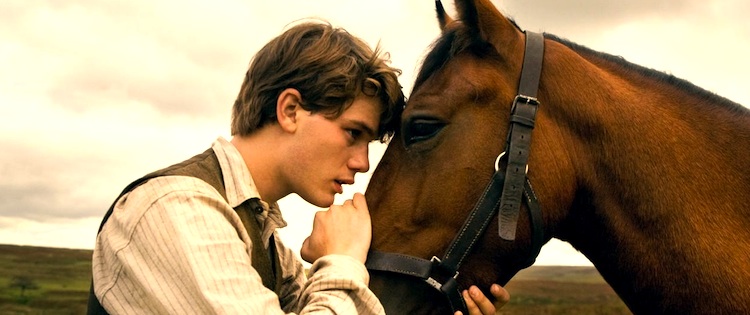
This being a Spielberg film, and a Young Adult offering, sometimes it claws at your heartstrings when a tug would do, and at 146 minutes, is far too long—a few subplots and scenes could be trimmed, to perhaps leave time to explore Albert’s emotional journey as well. The look and sound of the film experience, though, is flawless, thanks in part to Spielberg’s long-time collaborators, cinematographer Janusz Kaminski and production designer Rick Carter, who breathe fire into the director’s storyboards. Their War Horse must be seen as his team’s masterpiece–if 35 mm film is to give way totally to digital, as Kaminski believes, his work here will remain one of its crowning achievements. The magnificent landscapes of Devon, dwarfing its inhabitants, the shimmer of wind through a grove of trees in an eerie pre-battle silence, are but a few of many memorable shots. And special mention must be made of Spielberg’s initial battle scene, when the English mounted battalion charges a German camp. The visual and aural effects are simply spectacular, the sequence a harrowing reminder that men once rode into battle with sabers unleashed, atop steeds at a thundering gallop, straight into an enemy line, and then drew enemy blood in face-to-face combat. And like the classic films he emulates, Spielberg used thousands of extras and hundreds of horses in the battle scenes: no CGI shortcuts here.
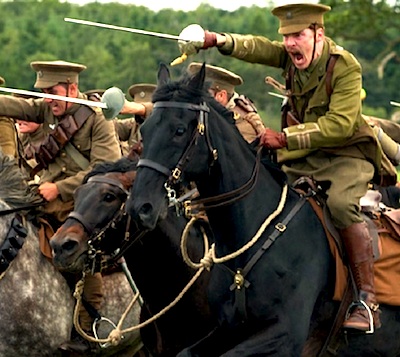
The actors acquit themselves well, and Jeremy Irvine as Albert is affecting. The horse, though, is the star here. Joey is played by several horses, mostly by an American horse named Finder, who also played Seabiscuit. I hope there is an Oscar category for Finder and his trainer, because the horse’s ability to communicate with Albert and with an Army stallion he bonds with is enchanting.
Steven Spielberg delivers here a masterful coming-of-age story, in which the hero’s mettle is tested by war and privation in a world where character is all that remains and all that matters after everything else has been taken. So this is not a cynical or post-modern film; some people may even call the PG-13 War Horse sentimental. The hipster in your life might insist his sniffles are sniffs of disdain, but in all of history, from the renderings in Chauvet Cave to the little girls (like me once) who sketched profiles of ponies in her notebook in history class, there has always been something about a human that loves a horse. War Horse rightfully earns top tier status in this genre.
So if you or your young adult plans to see War Horse, get thee to the multiplex. This is a film that must be seen in a proper theater, not in a living room, to appreciate its many gifts.
Posted on January 5th, 2011 at 6:53pm.
